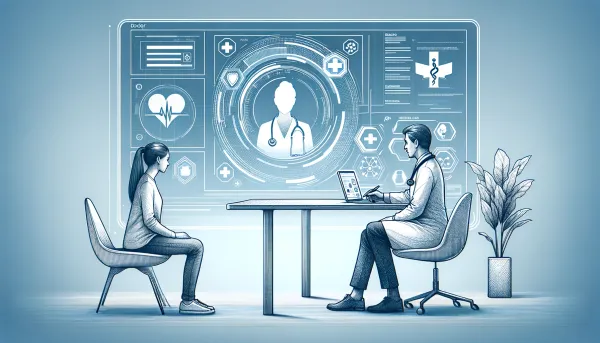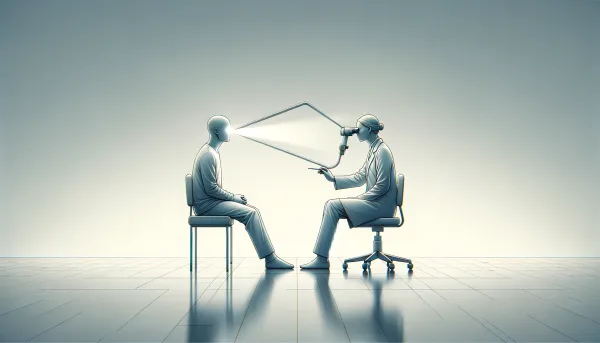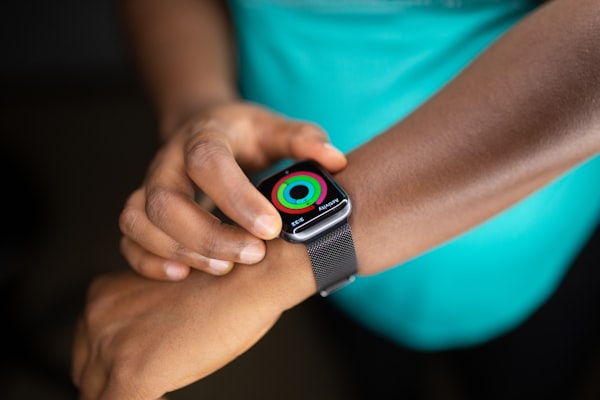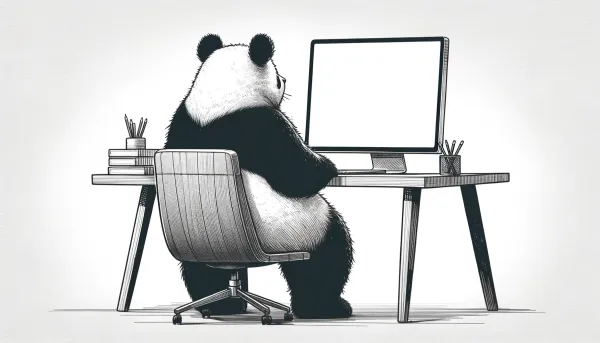Netflix Is Entering Digital Health
The other day I was browsing what to watch on Netflix and had a thought. I think Netflix might become a new digital channel for “conveying” health.
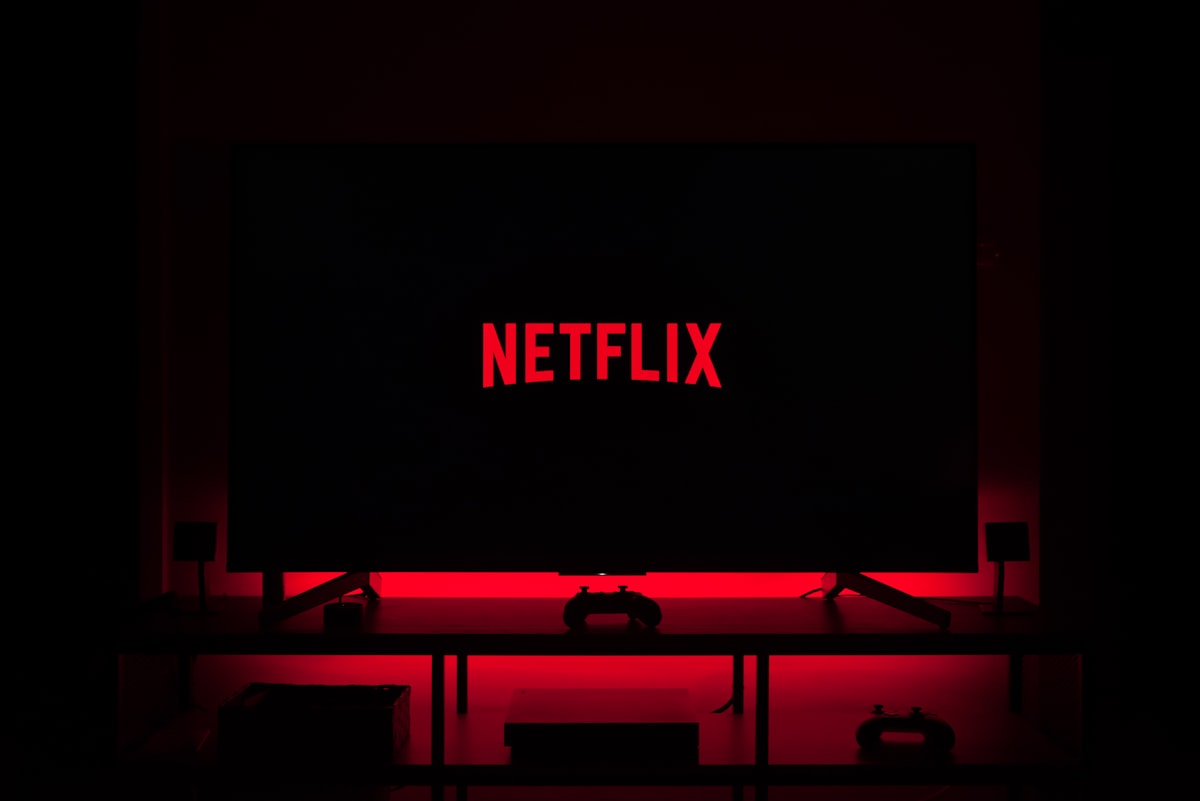
This issue is more of an idea and a possibility than a real thing. Plus, as it really is just an idea, it’s shorter than usual.
The other day I was browsing what to watch on Netflix and had a thought. It seems that more and more documentaries, TV shows and movies are geared towards health in one way or another.
I think Netflix might become a new digital channel for “conveying” health. The most prominent example is Headspace. They recently launched a series with 8 episodes and every one consist of two parts. The first one always teaches us about different aspects of meditation. But the second one is an actual meditation practice, so the viewers can put theory into practice.
Now, this is of course also a marketing campaign to convert more paying subscribers to their app (which is great by the way), but we still can’t look past this.

Another example is The Game Changers movie, which gives a completely new perspective on food, especially plant-based food. I wrote about this in the 6th issue (when the topics were still much broader than just digital health). In that sense, the movie uses a relatively new and popular medium to transfer its message.

The same goes for the movie The Bleeding Edge, which uncovers the world and the dangers of medical devices. A brilliant insight into how much a patient's well-being can be worth to companies producing these. There’s probably more movies like this but either not available in Slovenia or I haven’t found them yet.
But why do we need another channel? Aren’t apps and the internet enough? In fairness, they’re more than sufficient, even better and more flexible than Netflix. Netflix is not interactive, doesn’t measure anything or give insights (except the amount of time you spend watching it). In this regard, it seems unnecessary and just a marketing campaign.
But on the other hand, think about our attention span and focus. It’s much more difficult to be focused on a book for 2 hours than on a documentary or TV series. The attention span thus isn’t getting lower across the board, it’s just getting relocated elsewhere.
In this way, it’s perhaps even correct that companies use all the channels necessary to convey their message and knowledge about health to the people.
Another argument favouring this is that people are already subscribed to Netflix and don’t have to pay or do anything extra. And there’s already an existing audience, which is advantageous for the companies/products.
I hope you enjoyed this short issue, which arose from a simple thought I had. Let me know what you think and if you have any other arguments for and against health being conveyed through Netflix!


